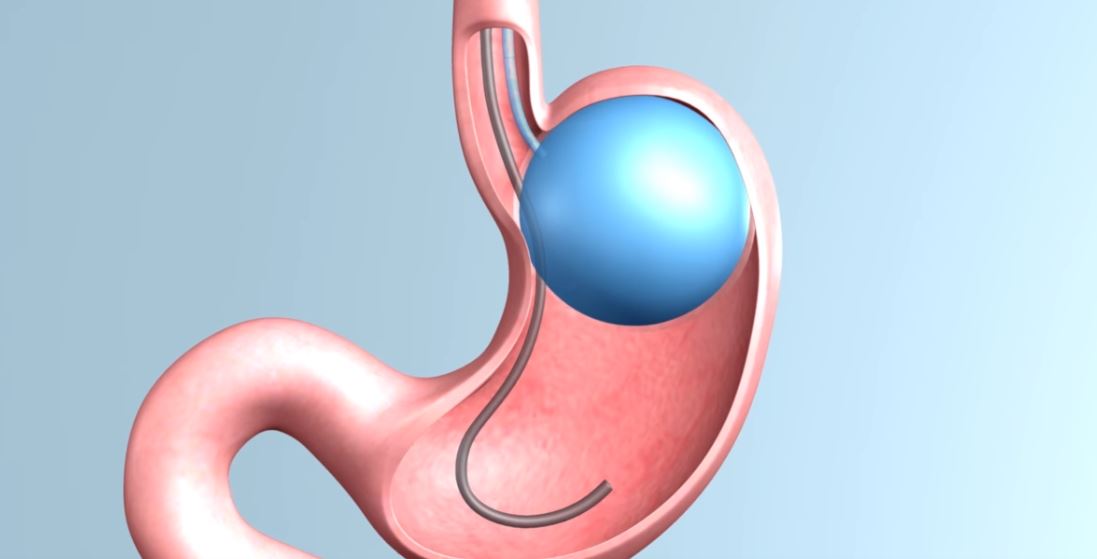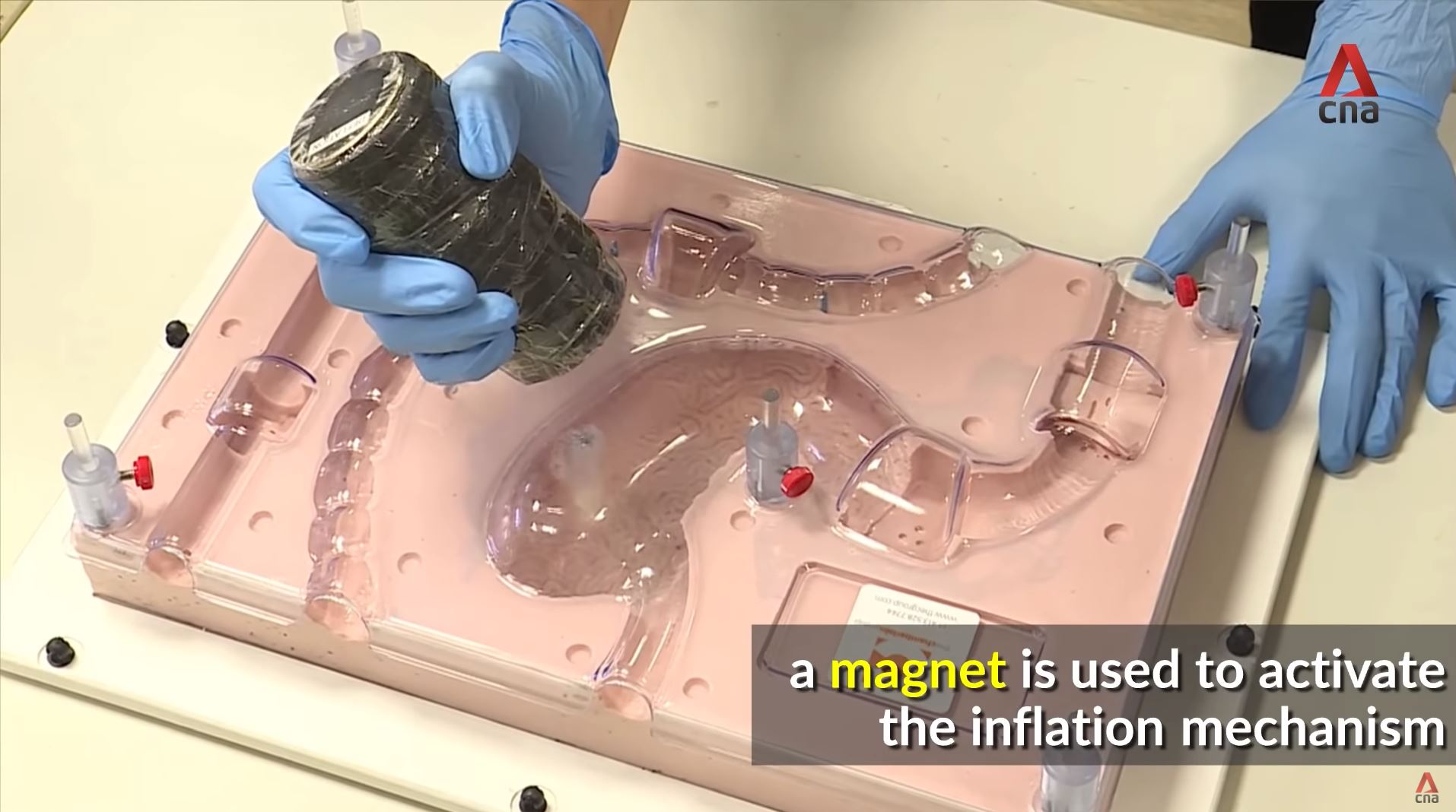Self-Inflating Pill Will Help Obesity Patients Curb Hunger
Being healthy is almost everyone’s life goal. Looking fit is another an attractive benefit of health. The only problem is that the road to looking and feeling good is an arduous one.
A team from Nanyang Technological University (NTU) and National University Health System (NUHS) believes that they have made it easier to do so.
A media release (25 Apr) by NTU explained that Professor Louis Phee and Professor Lawrence Ho have developed a “swallowable self-inflating capsule to help tackle obesity” called the Endopil.
Current options to tackle obesity
As of today, obese patients have not many safe options when trying to lose weight. They can either opt for surgery or take medication, both of which have risks.
The most comparable option to the Endopill is an intragastric balloon. Under sedation, the balloon is inserted into your stomach through endoscopy. It is removed the same way.
It works by making the patient feel full as the balloon fills up space in your stomach.
As not everyone wants to go through an invasive procedure, the Endopil mimics the effect except that it comes in a pill form and can be swallowed.
How the Endopil work
So how does the magical pill work?
After reaching your stomach, a doctor uses a magnet to activate the pill. It will then inflate automatically and remain in your system for 2 to 4 weeks.
To remove it, all you need is a doctor to deactivate the balloon with another magnet and it will continue along your digestive system.
The balloon inflates through a chemical reaction. But don’t worry, the ingredients – citric acid and salt – are found in our everyday foods.
Still in development
Before you start searching online for the pill, it is currently unreleased for the public.
The professors are still in the midst of further clinical trials. Currently, a pig and a human have taken the pill through endoscopy.
While the pig lost 1.5kg in a week, the problem still remains that it has to be done through endoscopy. The pill measures 1cm by 3cm making it around 5 times bigger than panadol.
However, the professors are looking into ways to make it safer and smaller for human consumption.
Potential risks
So far, the professors have identified a few issues with the pill.
If the pill inflates too early, it may tear the esophagus while inflating too late will cause to block up your small intestine. The timing of inflation in the stomach is also important or it wouldn’t be effective.
However, Prof Ho says that these are problems that exist in other weight loss procedures as well.
Used to tackle obesity
If you haven’t seen the actual media release, the pills are targeted at obese patients.
Meaning that if you have less than a BMI of 30, you are not part of their target audience. Only when keeping your weight has a greater risk than the risks involved in taking the pill should opt for this procedure.
For normal people that just feel that they are too fat, a healthy balance of diet and exercise will always the best option.
Featured image from NTU.













